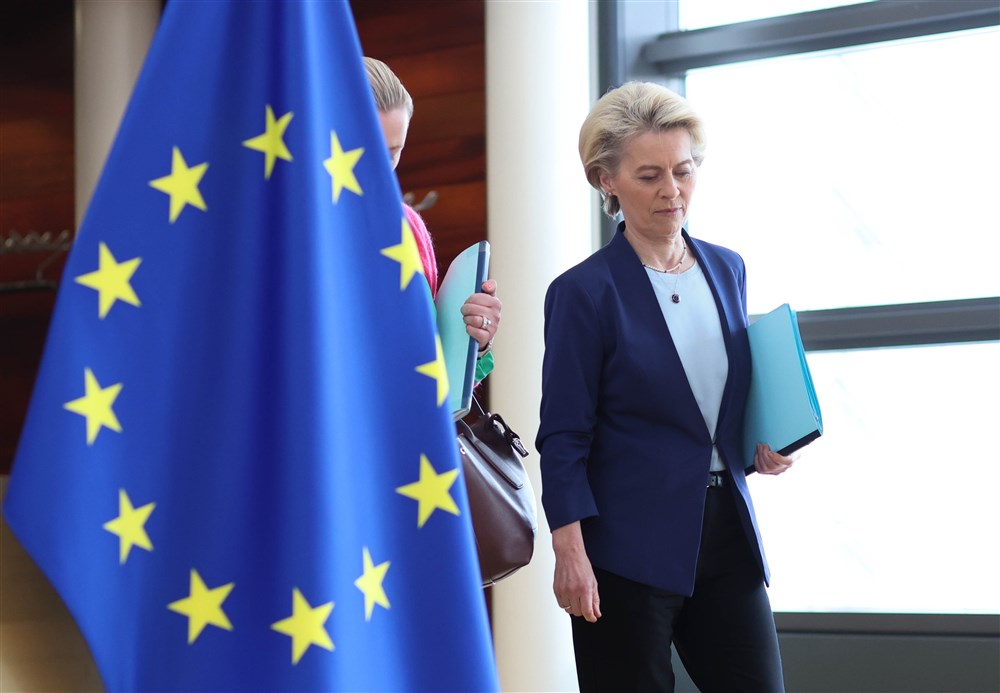On September 23, the United Nations agreed a Pact for the Future, 56 actions meant to tackle everything from climate change to poverty. The pact is in addition to the 17 points of the 2030 Agenda for Sustainable Development agreed in 2015, another list covering plans for peace, prosperity, climate change, the planet, the oceans, and whatever else seems to be bothering anyone.
The pact had the endorsement of 193 countries in the General Assembly. It establishes reforms to the structure of the United Nations, and also gives commitments and plans for actions and a Digital Pact, with regulations on networks and artificial intelligence. This last is more than yet another initiative to regulate certain fields. It is not as innocent as it seems.
Reforms to the UN structure are aimed at strengthening the institution and giving its bodies more power to absorb more control over national sovereignty.
For example, point 38: “We will transform global governance and revitalise the multilateral system to meet the challenges, and seize the opportunities, we face now and in the future.”
Here is an admission they will move towards “global governance” (that is, global government) and that they will take every opportunity to do so. Let us not forget that the same thing happened just a few years ago during the covid pandemic. To address a global health challenge, the UN and the international establishment said it was necessary to strengthen “global governance.”
Also, as stated in point 49, they want to promote financing for the 2030 Agenda, originally known as the Sustainable Development Goals (SDG): “We will accelerate reform of the international financial architecture to mobilise additional financing for the Sustainable Development Goals, respond to the needs of developing countries and direct financing to those who need it most.”
The so-called Digital Pact includes limiting freedom of expression globally under the guise of preventing so-called “hate speech.” It will also list an increasing number of words that may be considered “offensive.”
This will challenge the resistance of some of the people who have so far shown the greatest reluctance to bow to this type of censorship, such as Elon Musk and his social network X.
Controlling the discourse on social networks has been a vital issue for the political elite since 2016, when three elections came together to upset the political establishment. In the United States, Donald Trump won; in Colombia, the ‘no’ to the peace process with the FARC terrorists won; and in the United Kingdom, Brexit won.
From that moment on, the decision was unanimous among the elites: elections have been disrupted by fake news and must be fought to “safeguard democracy.”
In other words, democracy is viable if you vote to way they want you to vote.
Shortly before that, the International Fact Checking Network (IFCN) was launched by Poynter Institute, an American operation which “uses journalism to confront society’s complex problems,” with funding from companies such as Facebook, Google or associations such as the Open Society Foundations of billionaire George Soros.
Critics say in fact the goal of such organisations is to control the online narrative and thus influence election outcomes.
Looking back over the last eight years, this control appears to have happened, working its way up from smaller supposedly independent associations. Then it appeared in institutions such as the European Union and the imposition of media control on its member states through regulations such as the Freedom Media Act and the control of digital companies with the Digital Service Act.
Now the United Nations wants leadership in regulation of this kind.
During the vote in the General Assembly, Argentina, under the government of libertarian Javier Milei, was notable for its refusal to agree. Milei considers this move to be a state abuse, and that freedom of expression cannot be limited in this way, much less coming from the UN.
More such targets of control are now being set and new steps are being taken to achieve them. For the moment, it seems that their plans may not be going as efficiently as were initially planned. But everything suggests that the new Pact means the international elite are aware of what is still needed.





Metsola has broken no rules, absolutely none…so what is that bad smell?